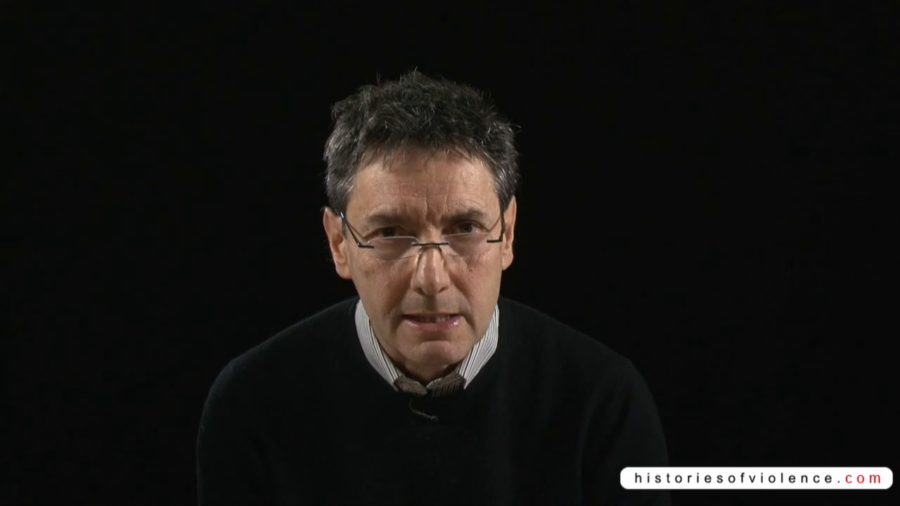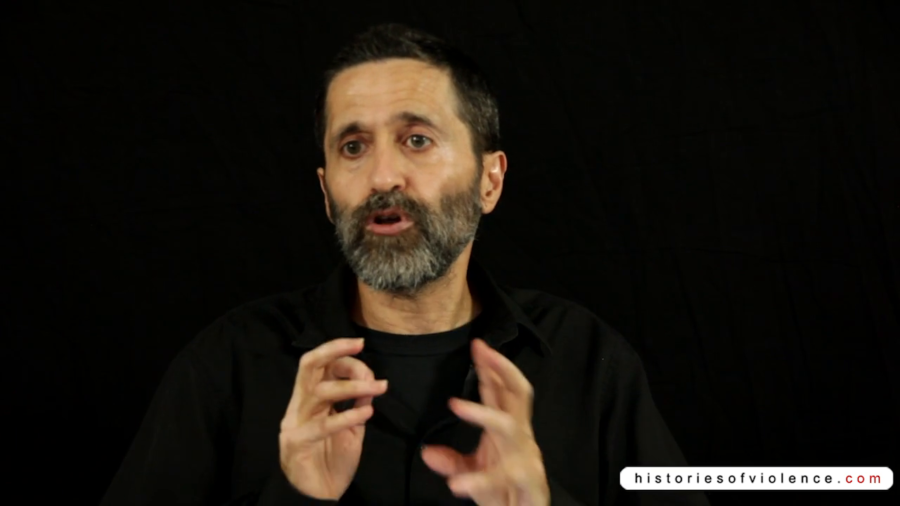All they have to do is write to journalists and ask questions. And what they do is they ask a journalist a question and be like, “What’s going on with this thing?” And journalists, under pressure to find stories to report, go looking around. They immediately search something in Google. And that becomes the tool of exploitation.
Archive

My approach to the question of disposable lives is this: In an age of late capitalism, advanced technology, and mass media, are lives easier to dispose of now than in the past? And my response is, unfortunately, yes it is easier now. And this isn’t simply because of the technology that is available today that simply wasn’t available in the past.

In usages of dispose, disposition, disposing, there is always a question of putting in order, and putting things in their place. Which also means of course having the power to do so.

Hannah Arendt loved it when unexpected things happened in politics. She thinks and thought that spontaneity, newness… She used the word “natality,” which is often misused and abused in her work by others, but it means birth, birthliness. And she thought that what made human beings different from other animals is not that we were rational, but that we could start things new.

I’m going to propose to us that the Cthulucene might be a way to collect up the questions for naming the epoch, for naming what is happening in the airs, waters, and places, in the rocks, and oceans, and atmospheres. Perhaps needing both the Anthropocene and the Capitalocene, but perhaps offering something else, something just maybe more livable.


